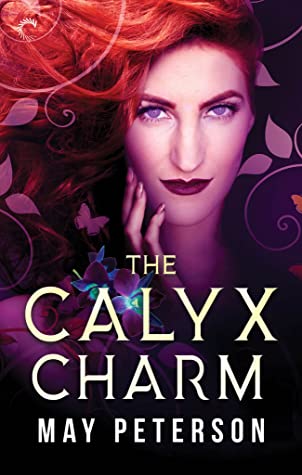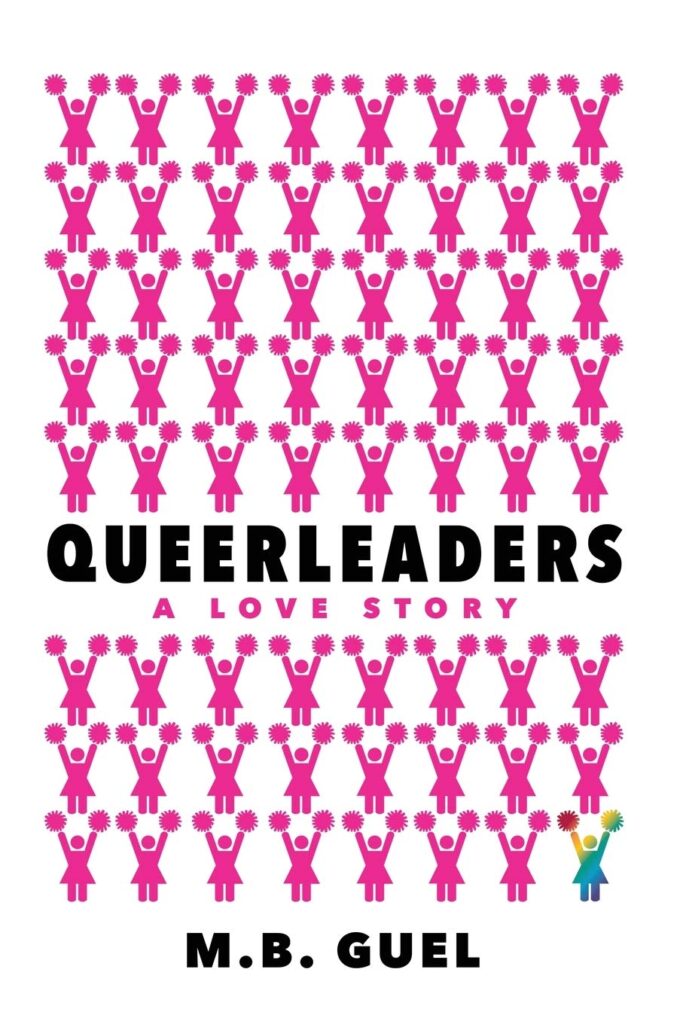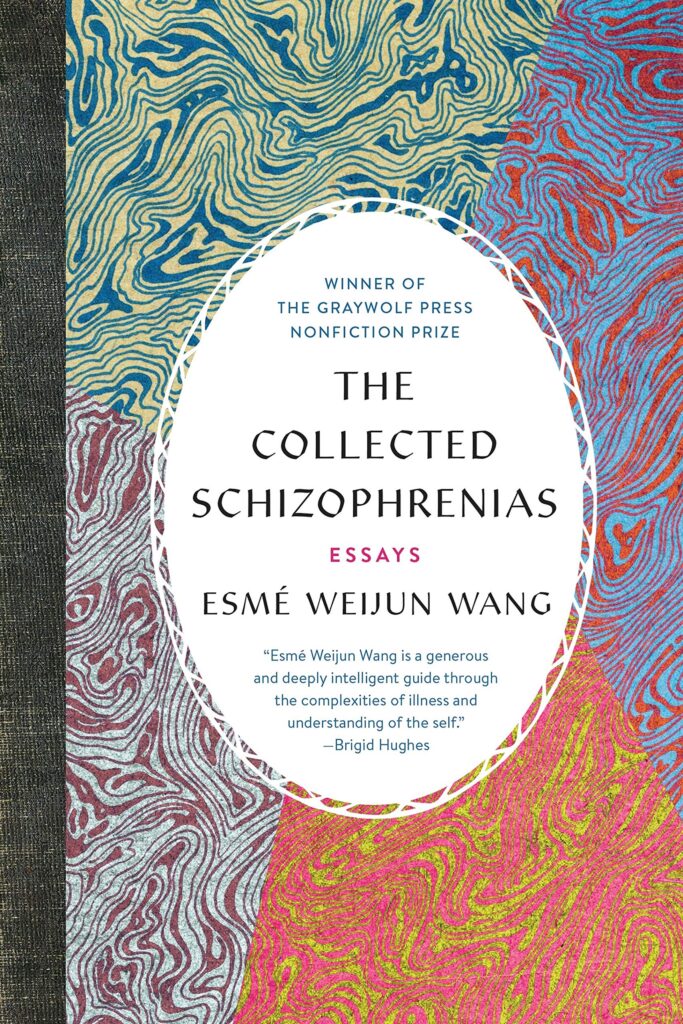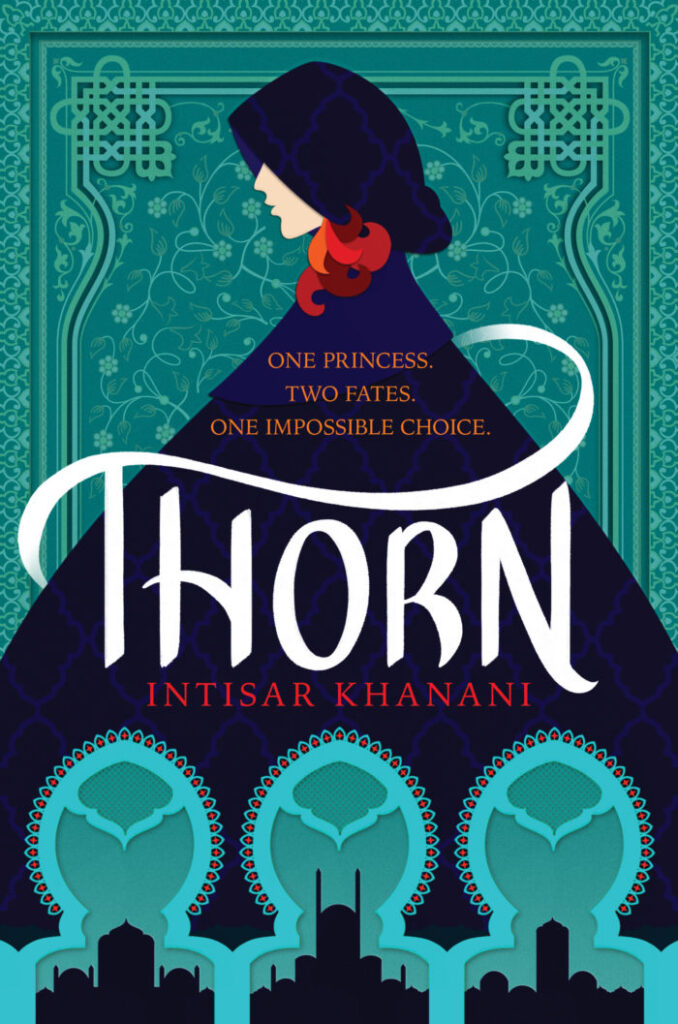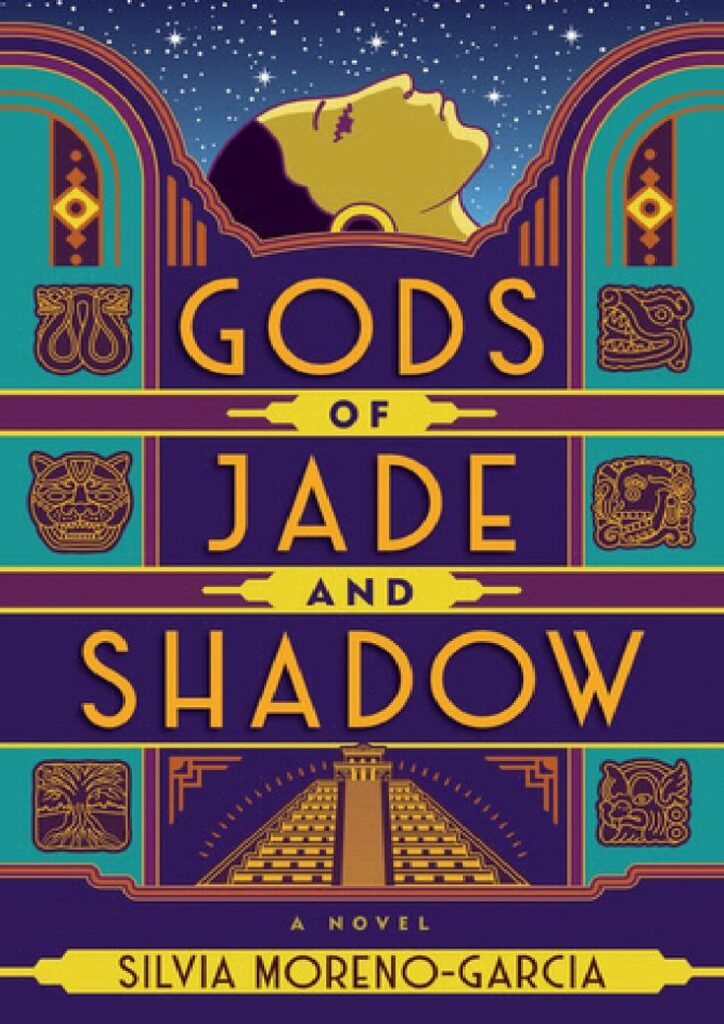
Genre: Science fiction
Audience: Adult
Series?: Standalone
Rating: Liked it
For fans of: The Handmaid’s Tale, Maria Haskins’ “Six Dreams About the Train,” Sarah Pinsker’s “The Court Magician,” Alyssa Wong’s “A Fist of Permutations in Lightning and Wildflowers,” eco sci-fi, poetic literary speculative fiction
In a science-fiction world where only the very wealthy have funerals and everyone else is dumped into the ubiquitous filthy canals when they die, a high end courtesan comes back to life to take vengeance on her wealthy client/murderer. Jewel, the protagonist of And What Can We Offer You Tonight, is the dead girl’s friend. Having not been reanimated with a terrible purpose, Jewel’s concerns are more quotidian: meeting clients, looking after her fellow courtesans, and trying to keep from losing her job as a known associate of the vigilante dead girl haunting the city’s rich.
This is a tough novella to summarize and an even tougher one to review. It’s beautifully written. Despite being 75% run-on sentences, it never feels dense, just poetic. Jewel’s helpless, often directionless ruminating turns her world into an anxious kaleidoscope. The imagery of the courtesans’ elegant House contrasts with the crumbling city outside in a way that makes both of them seem equally alien and lovely, and Mohamed has a way of describing familiar objects like perfume that seems stranger than her futuristic technology. I wanted to highlight entire chapters.
It’s also, objectively, something that should really connect with me. I love class conflict stories and I love female characters that other reviewers call too passive or too violent or too morally impure and I love a run-on sentence. But it didn’t hook me behind the belly button the way I wanted it to, and I can’t really say why.
If I had to guess, I’d say it was probably that Jewel is very Hamlet. She wants everything and nothing. She can’t make up her mind. She acts only when her hand is forced by other, stronger willed characters. Her definite trait is her compulsion to smother her unpretty emotions in order to keep her job and her life (which is saying the same thing twice).
I don’t think this is a flaw in the writing. I mean, Hamlet. If anything, Jewel is too relatable. Her dystopian future world is too real. Like, I am living through real climate disasters and class warfare, I do not have any spare energy for lightly fictionalized versions of them.
On the other hand, reading lightly fictionalized versions of the traumas you’re surviving can be healing. I think that will be the case for a lot of people who read And What Can We Offer You Tonight. After the murders in Atlanta and this summer’s heat wave, a lot of readers are going to find catharsis in the story of a murdered sex worker who traverses a flooded city to kill her killer.
I think this novella will also appeal to a lot of readers who don’t typically like SFF. If Margaret Atwood can say The Handmaid’s Tale isn’t science fiction, then I think I’m justified in saying neither is And What Can We Offer You Tonight. Buy this book for your snobby aunt and tell her it’s Literature that happens to have some lightly futuristic technology and exactly one un-dead girl.
Disclosure
I received a free ARC from NetGalley in exchange for an honest review.
More Info
Publisher: Neon Hemlock Press
Hardback Page Count: 80
Premee Mohamed is delightful on Twitter and on her blog, so check those out.
Preorder the book on Amazon (out July 20).
